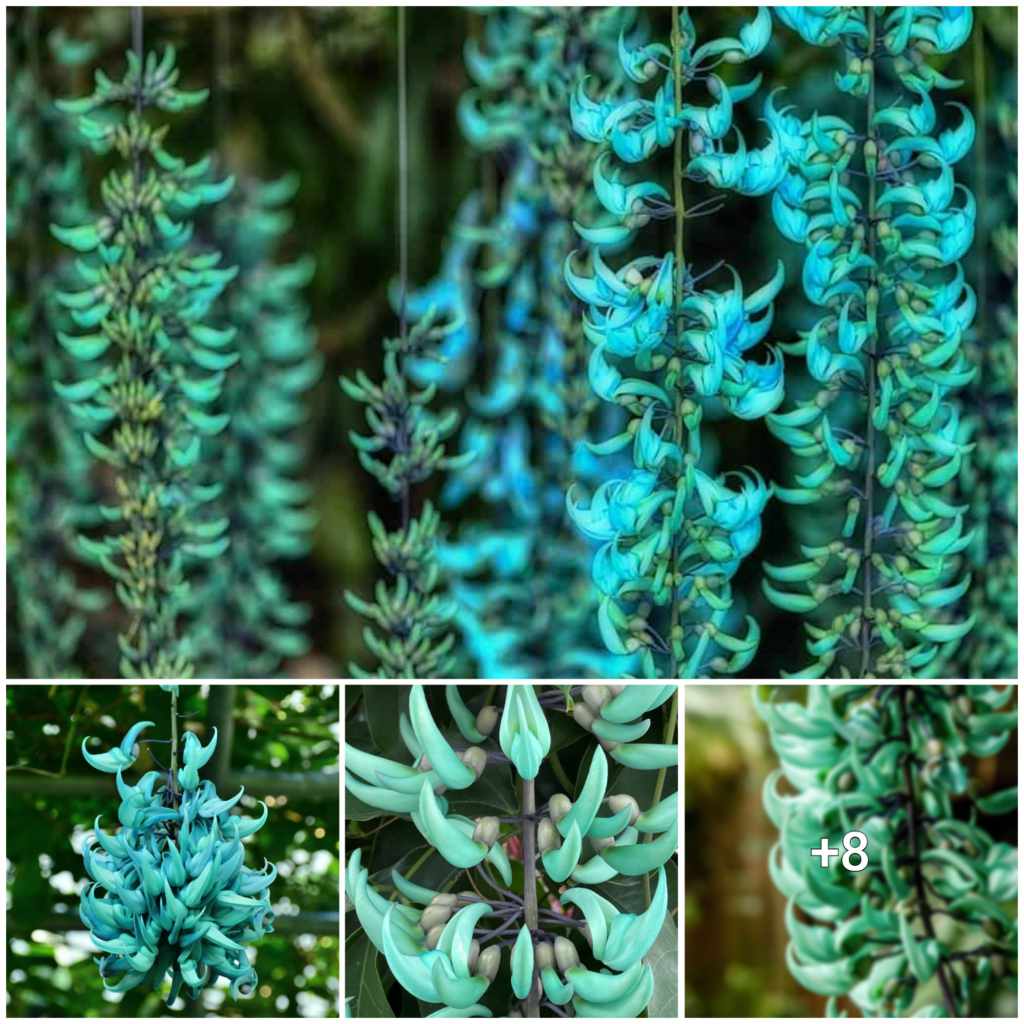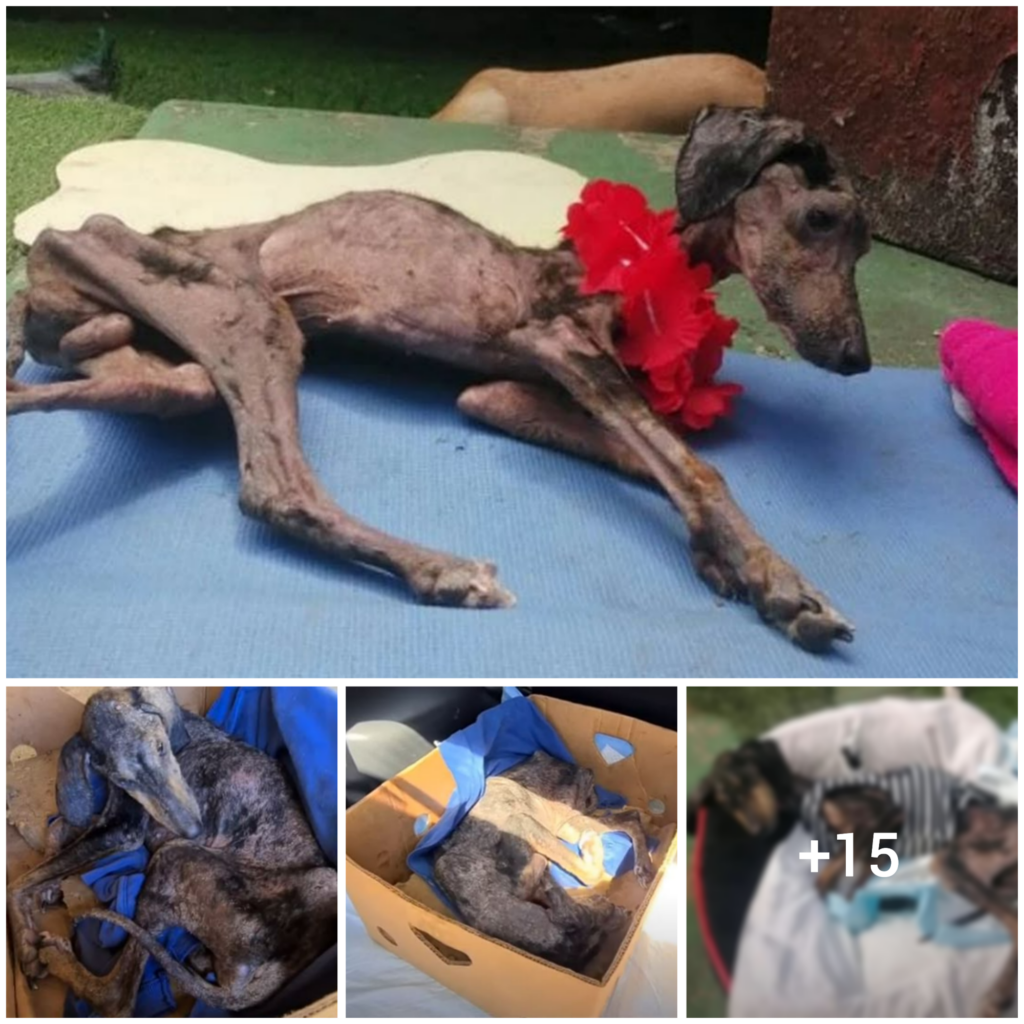A group of amateur photographers came to the rescue of a distressed wolf that was in dire need of help. The poor animal had its head trapped inside a plastic container, which had caused it to become malnourished as it couldn’t eat. The incident took place close to a lake in Nagpur, where the photographers had gone to capture images of the various Indian wolves and birds that inhabit the region. Sadly, these endangered species are at risk due to the lack of awareness amongst the local population.

While taking photographs with his friends, 26-year-old accountant from Nagpur, Tanay Panpalia, had the opportunity to observe some wolves. Among them, they spotted a young and weak wolf with its head stuck in a plastic container. The animal appeared to be struggling and weaker than the other wolves, leading Tanay and his friends to suspect that it had been in danger for some time. They speculated that the wolf may not have been able to eat properly for days or even weeks due to its predicament.

Tanay chose to emulate the wolf’s approach and maintained a safe distance from the rest of the pack, considering they were only three individuals and could be vulnerable to an attack at any moment. To assist the distressed animal, they contacted the Nagpur Forest Department for professional help. After a few hours, a team of experts arrived at the location to provide assistance and free the wolf from its troubled situation.

During a communication with the press, Tanay clarified that the object involved in the incident was a plastic container commonly utilized by the nearby residents to keep their food. Unfortunately, they dispose of these containers in inappropriate areas, which can result in dangerous situations involving creatures from the wilderness.

It was discovered that a wolf had gotten its head stuck in a container while trying to eat leftover food. Luckily, the container had holes in it that allowed the wolf to breathe and drink water. Nagpur forest guards came to rescue the wolf and used a rescue kit to remove the container from its head. The wolf was very weak and did not put up much resistance during the rescue. To prevent the wolf from overheating, the rescuers poured water on it. The whole rescue operation took approximately three hours, but it was successful. Tanay Panpalia, who documented the event, hopes that people will become more conscious of how their waste affects wildlife. Unfortunately, this is not the first time an animal has been impacted by human ignorance. It is important for us to dispose of our waste responsibly to ensure the safety and well-being of animals.




